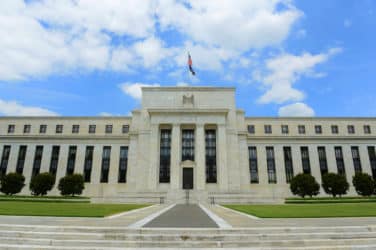
- Project Meridian FX proves that wholesale payment infrastructures, such as real-time gross settlement (RTGS) systems, can be interoperable via new technologies for FX transactions.
- The joint project between the Bank for International Settlements, Bank of England, Bank of France, Bank of Italy, Deutsche Bundesbank and European Central Bank explored synchronising foreign exchange (FX) transactions.
- It demonstrated that FX transactions could be settled across jurisdictions and different types of infrastructures.
The Bank for International Settlements and its central bank partners have successfully demonstrated how wholesale payment infrastructures, such as RTGS systems, can interoperate with each other for FX transactions via new technologies.
The project involved synchronising the settlement of FX transactions, using distributed ledger technology, so that the transfer of one leg of the transaction (such as buying a currency) happens only if the transfer of the other (such as selling another currency) occurs.
Meridian FX sought to address some of the actions called for in the Group of 20 cross-border payments roadmap. For example, reducing foreign exchange settlement risk using payment-versus-payment transactions and establishing realistic links between the wholesale payment infrastructures of different countries. Synchronisation could also mitigate some of the liquidity risk and credit risk challenges in the foreign exchange market.
The project connected a synthetic version of the UK RTGS system to three experimental Eurosystem interoperability solutions: DL3S (developed by the Bank of France), TIPS Hash-Link (developed by the Bank of Italy) and the Trigger Solution (developed by the Deutsche Bundesbank).
Combined with the results of previous work undertaken by the BIS and the Bank of England, Meridian FX shows that synchronisation can be agnostic to both the asset or fund of the transaction involved and the technology of the ledgers, highlighting its potential use in other markets.
Insights gained from the project will inform the work programmes of the participating central banks.
Source: BIS






